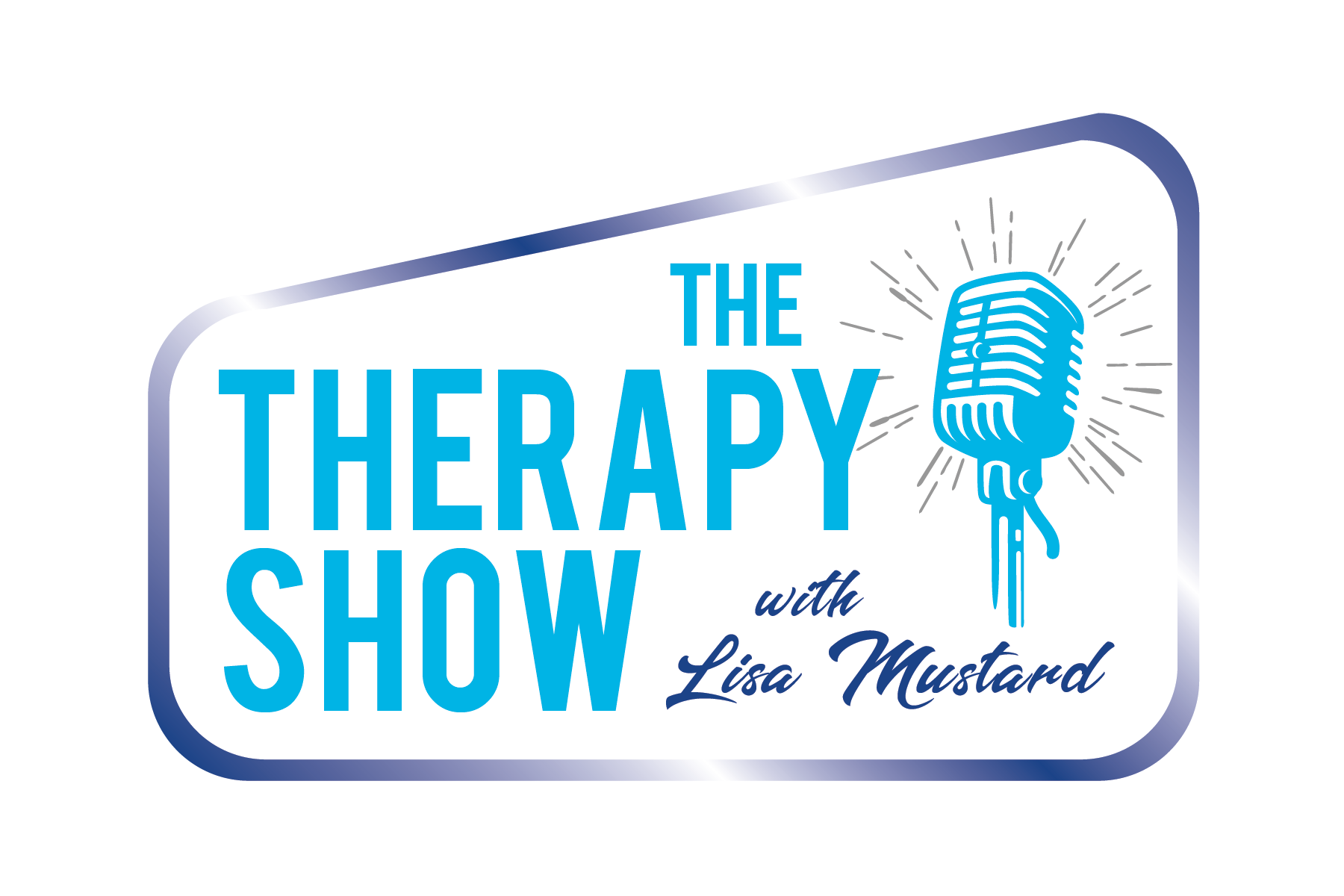AI in Therapy: Top 5 ChatGPT Prompts for Private Practice with Lisa Mustard
In this episode we're diving into the intersection of technology and therapy, exploring the potential of Artificial Intelligence to augment our therapeutic work. In particular, we're focusing on ChatGPT, an AI developed by OpenAI, and how it can be utilized in private practice by generating prompts.
Listen to the episode with Kym Tolson.
Get ALL THE PODCOURSES for $30!
First, ChatGPT can aid in understanding specific therapeutic techniques. For example, a therapist could ask: 'ChatGPT, can you help me understand how cognitive behavioral therapy techniques can be effectively utilized for a client struggling with anxiety and panic attacks? What are some possible exercises or strategies we can work through?' In response, ChatGPT might offer explanations of exposure therapy, cognitive restructuring, or relaxation techniques that could be useful for the client.
Second, ChatGPT can assist in formulating questions to help explore a client's self-perception. A therapist could say, 'ChatGPT, I have a new client who is struggling with self-esteem issues. Can you generate some questions that I could use during our sessions?' ChatGPT could then suggest questions like 'What are three personal strengths you believe you possess?' or 'How do you react when you make a mistake?' to help the therapist gain insights into the client's self-perception.
Third, ChatGPT can provide explanations of complex therapeutic modalities. For instance, 'ChatGPT, could you provide me with an explanation of the fundamentals of Eye Movement Desensitization and Reprocessing (EMDR) therapy?' In response, it might offer a breakdown of the eight phases of EMDR or suggest practical examples of its use in trauma therapy.
Fourth, ChatGPT can be useful for preparing group therapy sessions. A therapist could ask: 'ChatGPT, I'm seeing an increase in clients dealing with workplace stress. Can you provide an outline for a possible group therapy session that focuses on developing coping strategies and building resilience?' It might then outline a session incorporating stress management techniques, role-play exercises, and group discussions.
Lastly, ChatGPT can support in developing a treatment plan. The prompt could be: 'ChatGPT, I need some help to create a treatment plan for a patient suffering from severe social anxiety. Can you provide some guidance?' From there, it could suggest steps including initial rapport building, psychoeducation, skills training, cognitive restructuring, exposure therapy, and maintenance.
In all these ways, AI like ChatGPT can serve as an invaluable resource for therapists, supplementing our skills and knowledge. It's not about replacing the human connection, which is central to therapy, but about leveraging technology to enhance it. As always, any use of AI should prioritize confidentiality and ethical considerations.
The Therapy Show with Lisa Mustard is sponsored by TherapyNotes!
Why not find out what more than 100,000 mental health professionals already know, and try TherapyNotes for 2 months, absolutely free. Click here: www.lisamustard.com/therapynotes or enter promo code “Lisa” at www.TherapyNotes.com.
Need continuing education contact hours? If so, then be sure to check out my Podcourses.
Learn about Holistic Counseling with Chris McDonald, LCMHC - check out her trainings here.
Ready to start your podcast? Connect with Chelsea Weaver Podcasting.
Learn about the Psychcraft Network.
